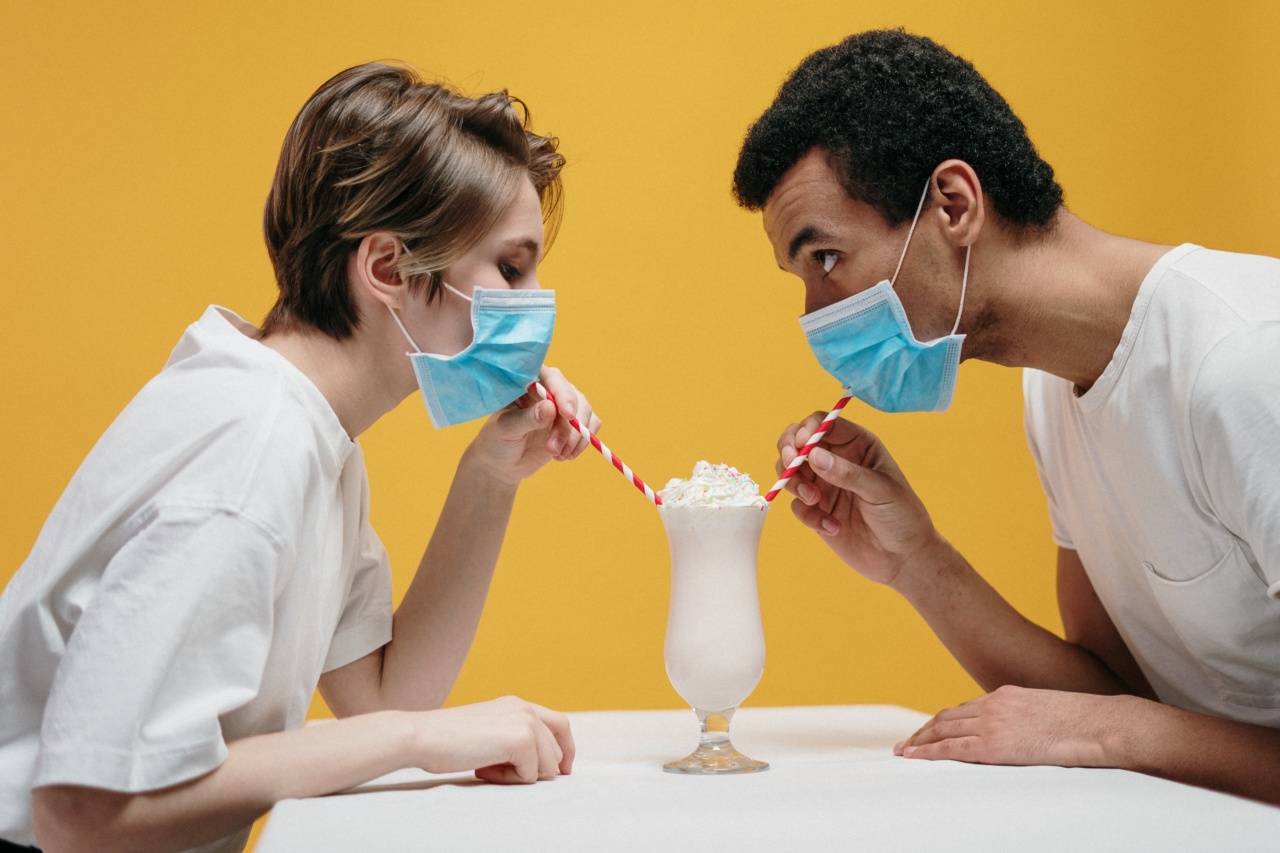Human papillomavirus (HPV) is a sexually transmitted infection that affects both men and women. It can cause various health problems, including genital warts and cervical cancer, in women.
As there is no cure for HPV, and it can be challenging to treat, prevention is essential. In this article, we will discuss some tips for women to stay safe from HPV.
1. Get Vaccinated
One of the most effective ways to prevent HPV is to get vaccinated. The HPV vaccine is recommended for all girls and boys aged 11 to 12 years. It is also available for people up to the age of 45.
The vaccine is given in three doses over a period of six months. The vaccine is effective in preventing the two types of HPV that cause most cases of cervical cancer.
2. Use Protection During Sex
Using condoms during sex can reduce the risk of getting HPV. However, condoms do not provide full protection from HPV as the virus can be present on areas not covered by a condom.
3. Limit the Number of Sexual Partners
The more sexual partners you have, the higher the risk of getting HPV. Limiting the number of sexual partners can reduce the risk of getting HPV.
4. Don’t Have Sex at a Young Age
Young people who have sex are more likely to get HPV. Delaying sex until a later age can reduce the risk of getting HPV.
5. Practice Safe Oral Sex
Oral sex can also transmit HPV. Using dental dams or condoms during oral sex can reduce the risk of getting HPV.
6. Get Screened Regularly
Regular Pap smears can detect abnormal cell changes in the cervix, which can be caused by HPV. Women should start getting Pap smears at the age of 21 and have them repeated every 3 years, or more frequently if recommended by their healthcare provider.
7. Quit Smoking
Smoking can weaken the immune system, making it harder for the body to fight off HPV infections. Women who smoke are more likely to get cervical cancer than those who do not smoke.
8. Boost Your Immune System
Keeping your immune system strong can help your body fight off HPV infections. Eat a healthy diet rich in fruits and vegetables, exercise regularly and get enough sleep.
9. Inform Your Sexual Partner
Informing your sexual partner if you have HPV can help reduce the risk of transmission. You can also discuss safe sex practices with your partner.
10. Stay Informed
Stay updated with the latest research and information about HPV, so you can make informed decisions about your health.
Conclusion
Preventing HPV is essential to reduce the risk of health problems such as genital warts and cervical cancer in women.
Some of the ways women can stay safe from HPV include getting vaccinated, using protection during sex, limiting the number of sexual partners, delaying sex until a later age, practicing safe oral sex, getting screened regularly, quitting smoking, boosting the immune system, informing your sexual partner, and staying informed. By following these tips, women can reduce their risk of contracting HPV and protect their health.




























